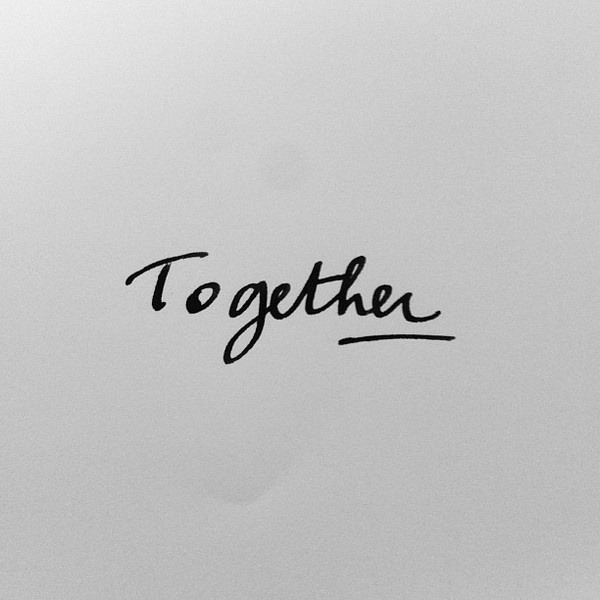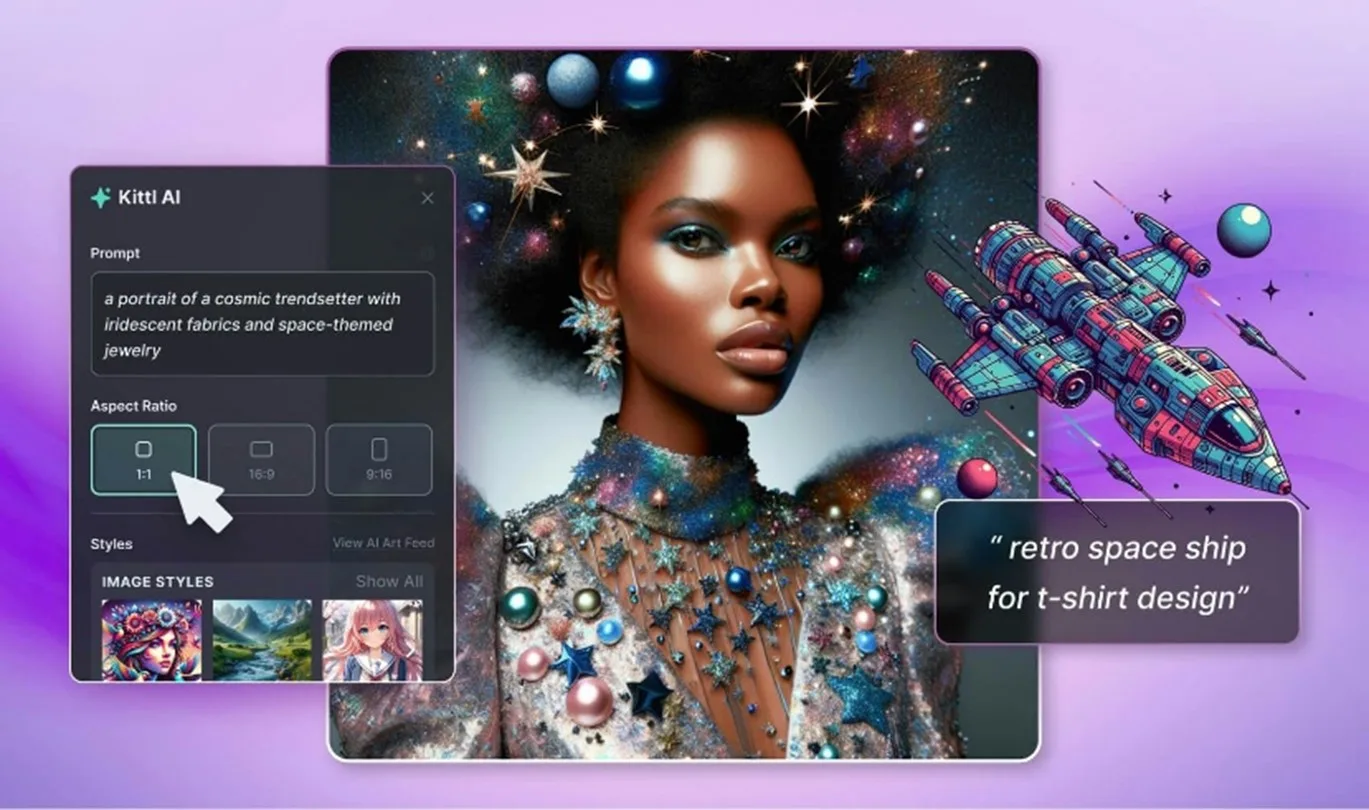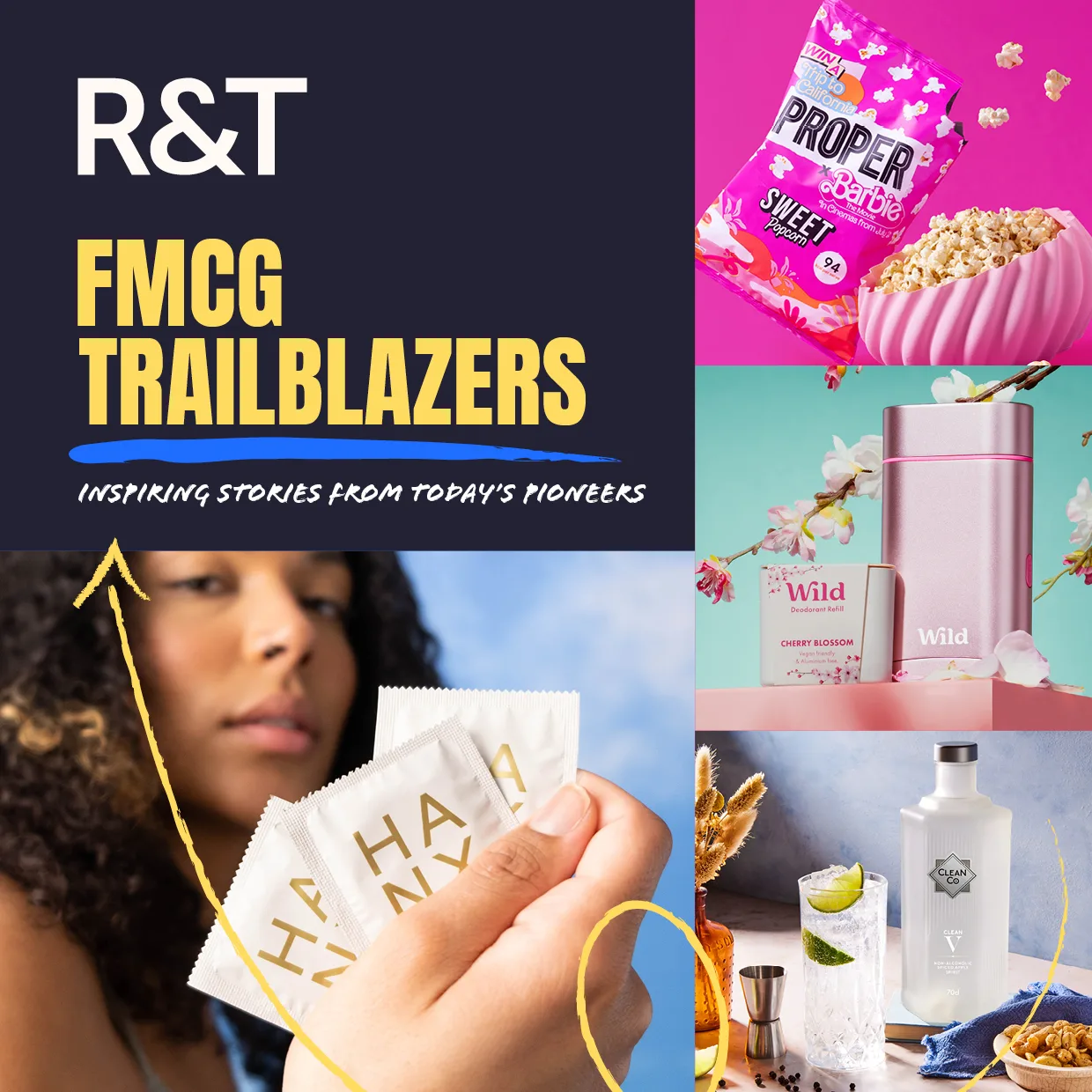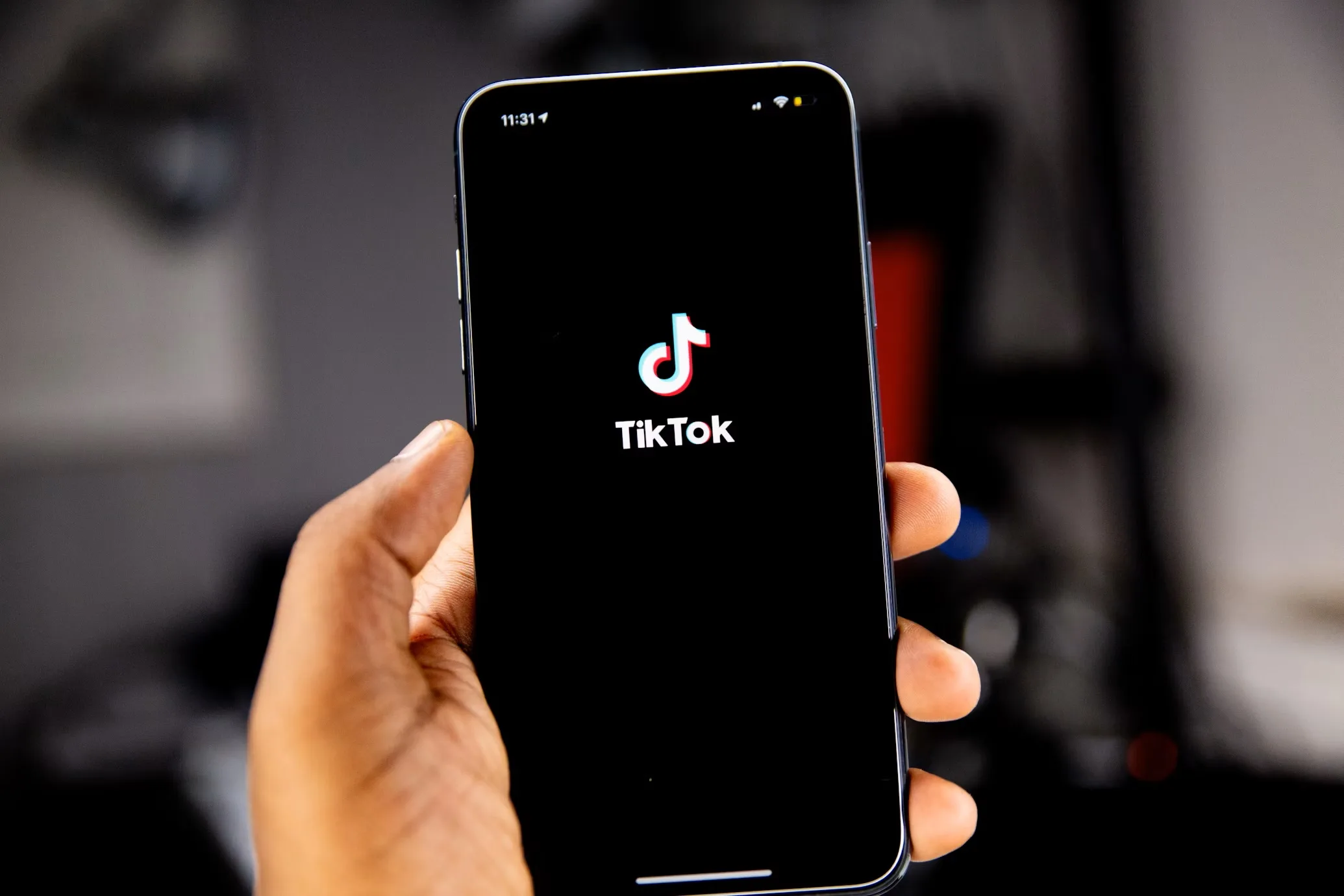
Following the controversy
shrouding the roll out of Nike’s plus-sized mannequins (a move that the brand
has been both berated and hailed for), we’re discussing whether the idea of
‘beauty’ is in fact finally changing.
It’s no secret that
there’s been a step change in the beauty and fashion industries when it comes
to diversity. The new narrative is one of inclusivity and empowerment, and
brands are finally taking notice, challenging archaic, regressive ideals about
the definition of ‘beauty’.
We’re starting to see
brand campaigns which make room for people from a full spectrum of races,
sizes, ages, cultures and identities. It feels like the greatest and most
ceiling-shattering shift in the fashion and beauty industries, ever.
The benefits of this need
not be explained, but the real beauty (pun intended) of this shift is the
impact it’s having on the lives of the individuals it most directly affects.
Where previously, thin, sexualised, white women walked runways and filled
magazine pages, we’re now seeing them replaced with people of all walks of life
– each beautiful in their diversity – and that’s what this is about.
Brands have a new
opportunity to not only enrich people’s lives with their products and/or
services, but also to give a place to those that have historically been
repressed. There’s now an opportunity to set the tone for young women and men
when it comes to beauty ideals – and by celebrating individuality – encourage
people to fully and proudly embrace their own identity.
Asos recently launched a
wheelchair-friendly jumpsuit, the first in the world, and other major clothing
retailers such as M&S and Tommy Hilfiger are also moving in a more
inclusive direction – through adaptive clothing lines and advertising
campaigns. Our client Deichmann has long embraced inclusivity, most recently
partnering with model, entrepreneur, and activist, Leomie Anderson – a strong
role model for young black women globally.
There is not a single
brand that shouldn’t be considering this shift when planning campaigns. Diverse
models are representative of the world as a whole, a rhetoric which fashion and
beauty brands alike should be working hard to convey. With that said, if the
‘why’ is to stay in pace with competitors, unlock a new consumer base, or for
tokenistic reasons, it’s inauthentic and lacks integrity. Reconsider.
The clincher? This is the
beginning of a movement, not a trend, and inclusive brand campaigns are soon to
be the new norm. By championing diversity and creating products and/or services
which appeal to the collective, you’ll be contributing to the positive change
we need to see in the world, and who doesn’t want to do that?

Navigating the fast-paced media landscape requires a dedication to innovation and a deep grasp of industry trends. At the heart of this transformation is Artificial Intelligence (AI), a total game-changer reshaping how we handle tasks and workflows. If the thought of this new ‘co-worker’ freaks you out as much as… Read more

We’ve delved into the minds of some of the biggest brand innovators around to uncover their secrets of success and inspiration. Brands aren’t just threads in life’s fabric; they’re engines of inspiration. Behind these brands are some of the world’s most influential leaders, driving change and innovation. That’s why we’ve… Read more

It’s no secret that we’re currently living through the age of social media, where platforms such as TikTok have become more than just entertainment hubs with viral dances and comedic skits — but now a powerful marketing influence that’s totally shaping consumer behaviours and trends, particularly in world of grocery… Read more